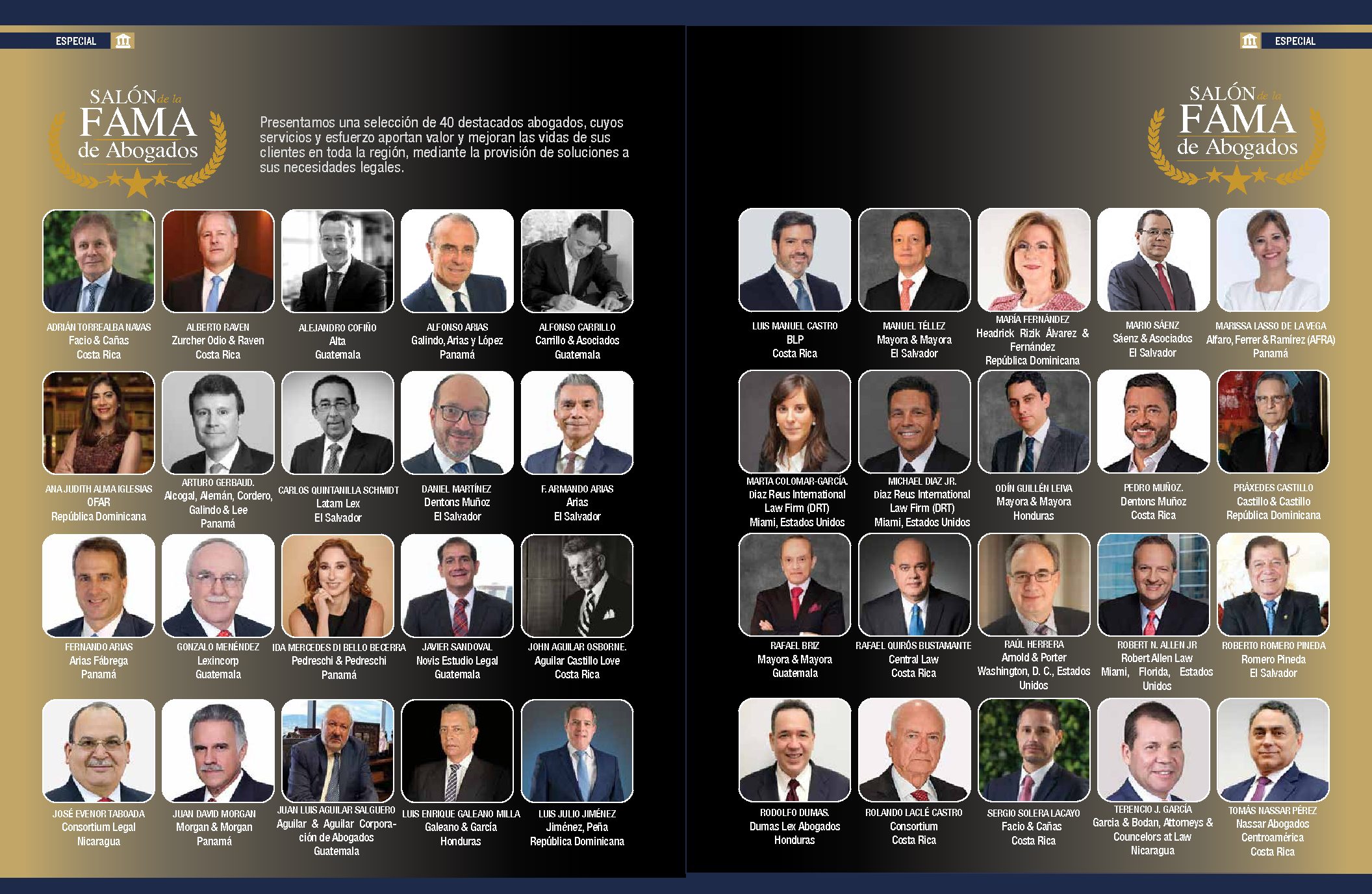Protecting domestic revenue is just one of several reasons why G-20 nations are cracking down on tax havens. Other reasons include their desire to track the international flow of funds used for terrorist activity or money laundering. The United States has been pounding on tax havens for some time now. Notably, it recently enacted the Foreign Account Tax Compliance Act (FATCA), a statute—soon to go into effect—designed to combat offshore tax-evasion and recoup federal tax-revenues. A portion of the 2010 Hiring Incentives to Restore Employment Act, FATCA requires individuals to report their financial accounts held overseas and foreign financial institutions to report to the IRS about their American clients.
Experts criticize the heavy-handed manner in which the U.S. has implemented these regulations. Countries with protectionist laws prohibiting disseminating account holders’ private information will have to rewrite those laws to if they choose to comply with new regulations. However, some countries are still reluctant to do so—the most recent example being Switzerland. There the principle of banking secrecy has formed the basis of its financial and banking success. After acknowledging that Swiss banks helped American account holders evade taxes, the U.S. pressured Switzerland to introduce a bill allowing Swiss banks to implement strict secrecy laws and release information relating to clients’ accounts. The Swiss Federal Assembly, however, has already rejected the bill once.
In those countries without such protectionist laws, individual financial institutions must make a choice between complying with FATCA and refusing to do so. Those that choose to comply should not delay preparing for the resulting operational modifications. They will have to review their existing accounts, update their computer systems to comply with FATCA recordkeeping and reporting requirements, draft new due-diligence policies, train staff, obtain tax declarations from customers, and make other adjustments to their daily business practices. As part of the compliance process, financial institutions are required to enter into a special agreement with the U.S. Internal Revenue Service (IRS), where the banks will undertake to report to the IRS on account holders who are U.S. persons, or foreign entities with substantial U.S. ownership.
As initially designed, FATCA significantly impacts the global banking business. Resulting annual U.S. tax revenues have been calculated at US $850 million, however, at the expense of high implementation and operation costs for financial institutions, which will most likely pass these along to their clients through higher fees. Moreover, the IRS has given banks a significant incentive to comply: Those banking institutions that do not enter into an agreement with the IRS to reveal their U.S. clients’ accounts will face a 30 percent withholding tax on all relevant U.S. sourced payments, such as dividends and interest paid by U.S. corporations. The same 30 percent withholding tax will also apply to gross proceeds from the sale of relevant U.S. property.
Some countries in Europe have complained about FATCA’s lack of reciprocity. Although the U.S. government has hinted that it is committed to reciprocal exchanges of information, the reality is that no U.S. law requires domestic financial institutions to provide the same level of information required under FATCA. Countries in Latin America and the Caribbean will most likely pressure the U.S. to negotiate the terms of those reciprocity requirements, if it wants FATCA to be signed in those regions. Surprisingly, though, the Treasury Department said on July 14, 2013, that, due to the overwhelming interest from countries worldwide in entering into agreements with the IRS to comply with FATCA, it would extend the start of the withholding and account due-diligence requirements for six months to allow more time to complete agreements with foreign jurisdictions. This will also provide foreign financial institutions time to comply with FATCA. Despite the delay, the FATCA registration website opened during August 2013. Financial institutions are now able to start testing it by entering information.
For answers to further FATCA questions, contact Diaz Reus & Targ, LLP. We can assess and address all implications related to FATCA compliance.




































































































































































































































